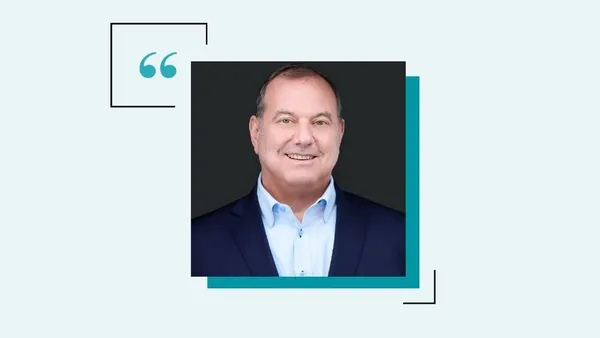Chief executives of Twitter, Google, and Facebook appeared before the Senate Commerce Committee on Wednesday to parry calls to reform Section 230 of the Communications Decency Act. Section 230 protects online platforms from liability for content posted by their users and allows them to moderate that content.
Twitter chief executive officer Jack Dorsey and Google CEO Sundar Pichai said the law protected free speech, while Facebook CEO Mark Zuckerberg, who was briefly unable to establish an internet connection with the panel, said he supported changing the law but warned doing so could expose tech platforms to greater liability.
“From our perspective, Section 230 does two basic things. First, it encourages free expression, which is fundamentally important,” Zuckerberg said. “Second, it allows platforms to moderate content. Without 230, platforms could face liability for basic moderation.”
On Tuesday, in a letter to Congressional leaders, the U.S. Department of Justice said it hoped legislators would, “move swiftly to enact much-needed reform to Section 230.”
President Donald Trump has repeatedly said technology platforms suppress legitimate speech they don’t like. In May, the president signed an executive order requiring the Federal Communications Commission and Federal Trade Commission to reevaluate Section 230 days after Twitter fact-checked statements Trump made on “rigged elections” and protests over the death of George Floyd.
Last week, Republicans on the Senate Judiciary Committee voted to authorize subpoenas for Zuckerberg and Dorsey to appear before their panel, though no Democrats participated in that vote. Republican Senator Ted Cruz of Texas said tech platforms were “actively interfering in this election in a way that has no precedent in the history of our country.”
A spokesperson for Facebook said the company faced criticism from Republicans “for being biased against conservatives and Democrats for not taking more steps to restrict the exact same content. We have rules in place to protect the integrity of the election and free expression, and we will continue to apply them impartially.”
Michael Reynolds-Pool/Getty Images













